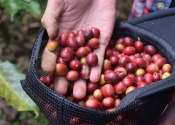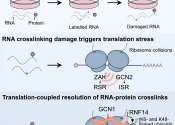An alcoholic beverage is a drink that contains ethanol (commonly called alcohol). Alcoholic beverages are divided into three general classes: beers, wines, and spirits.
Alcoholic beverages are consumed in almost every nation, and most nations have laws that regulate their production, sale, and consumption.
In particular, such laws specify the minimum age at which a person may legally buy or drink alcoholic beverages. This minimum age can be as low as 16 years, as in Austria, Belgium, Denmark, France, Germany, Greece, Italy, the Netherlands, and Switzerland. Most nations, however, set the minimum age at 18 years.
In the United States, the minimum age is 21 years.
Alcoholic beverages are a part of most European cultures, and children in these cultures may occasionally drink alcohol during meals with their family. In Germany, 14-year-old persons may drink low-alcohol beverages if their parents are present.
The production and consumption of alcohol occurs in most cultures of the world, from hunter-gatherer peoples to nation-states. Alcoholic beverages are often an important part of social events in these cultures. In many cultures, drinking plays a significant role in social interaction — mainly because of alcohol’s neurological effects.
Alcohol is a psychoactive drug that has a depressant effect. A high blood alcohol content is usually considered to be legal drunkenness because it reduces attention and slows reaction speed. Alcoholic beverages can be addictive, and the state of addiction to alcohol is known as alcoholism.









